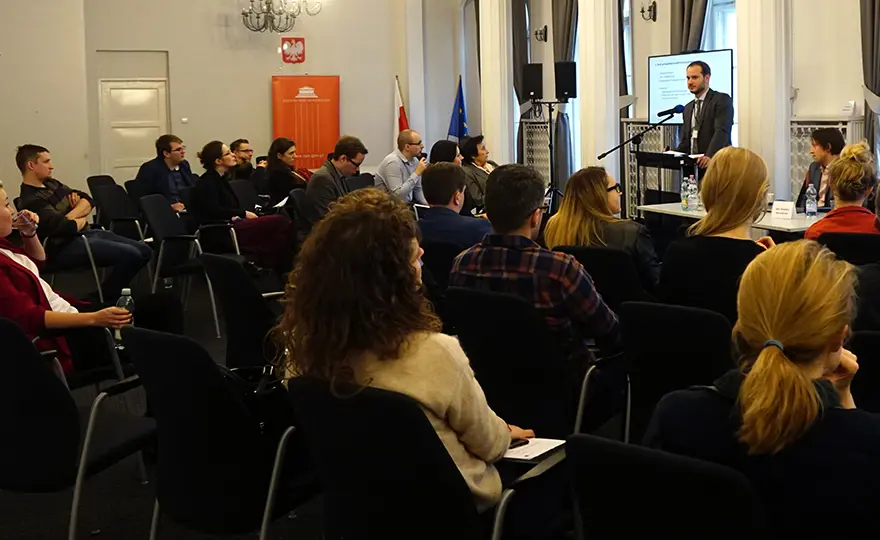ClientEarth Communications
5th February 2019


The barriers and challenges related to access to justice in environmental matters were the subjects of a seminar organized by ClientEarth in the last week of January in the Office of the Ombudsman in Warsaw. It was the first training undertaken within the project "Access to justice for a greener Europe" in Poland.
"The issue of providing citizens with access to courts has been the most underrated part of the Aarhus Convention for years," said Dr Jerzy Jendrośka, a member of the Aarhus Convention Committee, during the first part of the meeting devoted to international standards in the field of access to justice in environmental matters. He stated that it is one of the main challenges which all Member States of the European Union are facing nowadays.
The voice of Dr Hanna Machińska, Deputy Commissioner for Human Rights, was slightly more optimistic. In her view, the Aarhus Convention became part of European Union law thanks to the CJEU rulings regarding the application of the Convention's provisions. She also emphasized that the Aarhus Convention, through the rulings of the CJEU, affects domestic law.
The speakers in the second part focused mainly on identifying barriers to access to justice in environmental matters.
Legal advisor Agnieszka Warso-Buchanan presented barriers to access to courts on the basis of limited possibilities to challenge legal acts regulating air quality issues in the Visegrad Group countries as well as in Bulgaria and Romania.
Attorney Bolesław Matuszewski pointed to four main groups of barriers in access to justice in environmental matters faced by environmental organizations in Poland. He gave examples of situations in which Polish law does not provide for administrative proceedings at all and drew attention to administrative proceedings that are available but, according to the authorities conducting them, do not concern environmental matters.
He also pointed to the difficulties in meeting the conditions for participation in the proceedings and special provisions that have the effect of excluding non-.
Attorney Artur Zalewski closed the second panel discussing the issue of legal interest, which is a barrier to accessing justice in environmental matters in Poland. He also addressed the legal interest of individuals in the context of climate action, referring to the Dutch example of a legal challenge filed by the NGO Urgenda and 886 individuals to oblige the state to reduce greenhouse gas emissions. He concluded that through access to justice we shape the right to a clean environment.
The meeting initiated a series of eight training sessions on access to courts in matters related to environmental protection.
Access to Justice is a fundamental means through which citizens and NGOs can support the implementation and enforcement of laws and policies to protect the environment. The goal of this ATOJ-EARL project is to achieve “Access to Justice for a Greener Europe”. It strives to enhance access to justice in environmental matters by providing information, training and support for the judiciary, public authorities and lawyers of eight European member states. ClientEarth and Justice and Environment are implementing this project with the financial support of the European Commission’s LIFE instrument.
